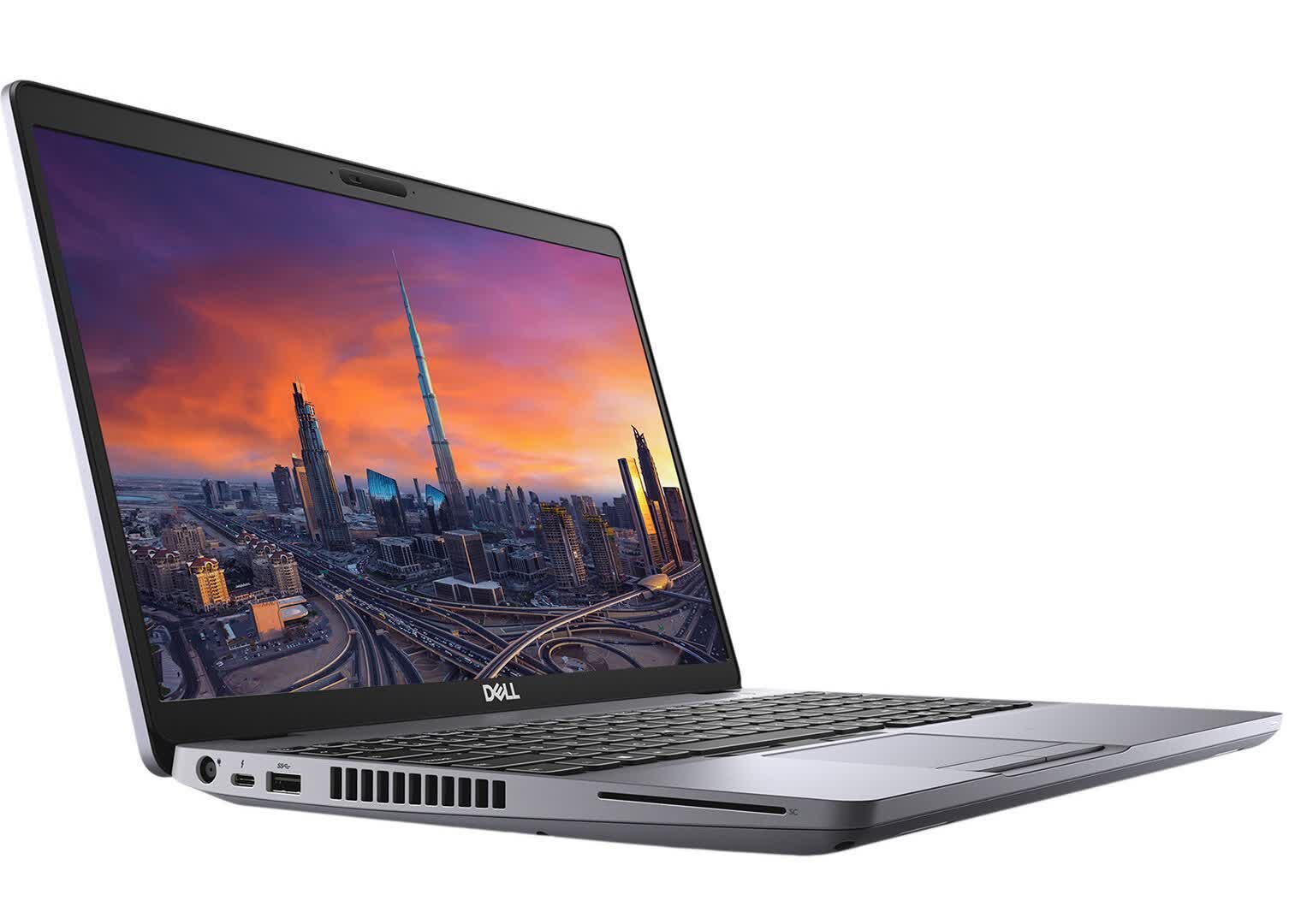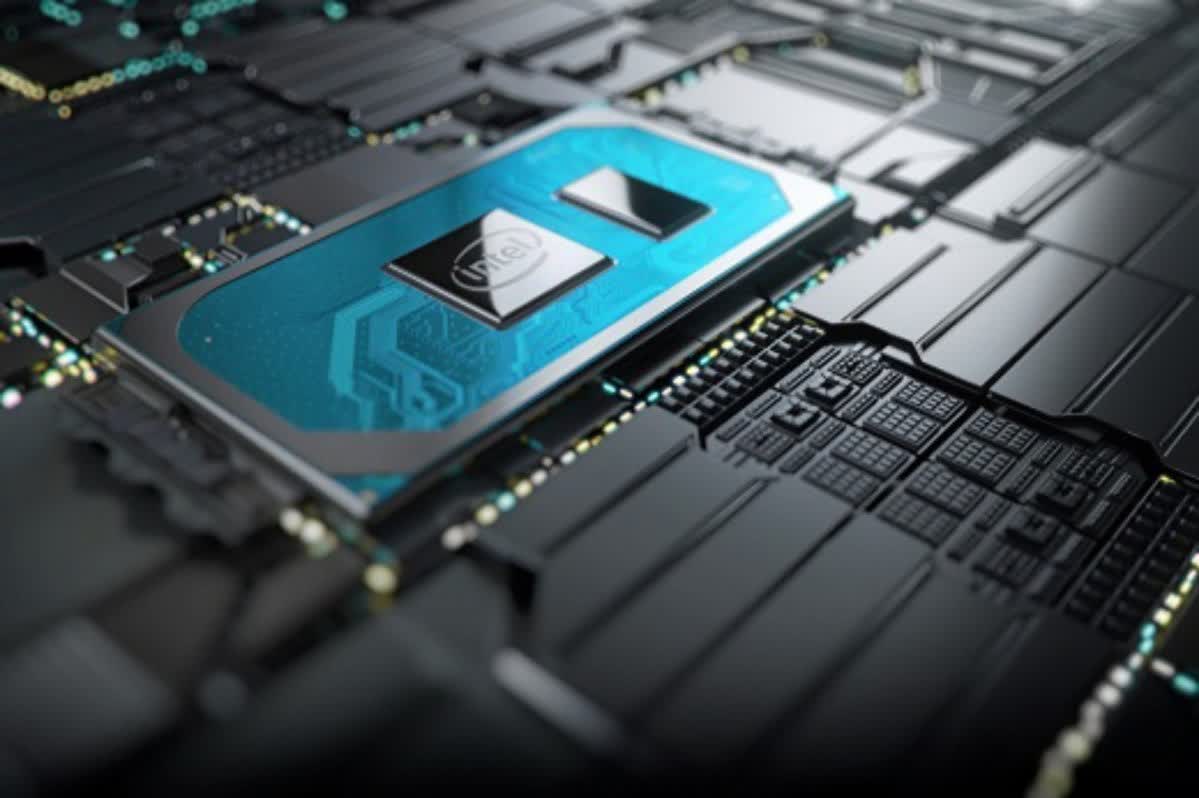In a nutshell: The Intel Core i9-10885H has been found running 20 percent slower than expected in Dell Precision laptops, capping its clock speed at just 2.7GHz. Most likely down to the limited cooling in this entry-level Dell device, this is a reminder to consumers and professionals to investigate performance in laptops and PC builds as a whole before investing in them.
Intel's vPro line of CPUs are business-class chips, typically aimed at IT professionals designed with onboard hardware security firmware. These features defend against attacks below the OS and allow companies to repair and manage their machines remotely.
In a recent laptop benchmark comparison ran by NotebookCheck, the vPro-enabled Core i9-10885H has seen results nearly 20 percent slower than the Core i7-10875H, its consumer-oriented equivalent. With the same core count and cache, and boasting 200MHz higher boost speeds, the i9-10885H wins on paper. That said, benchmarks on the laptop CPU as found in the Dell Precision 3551 showed roughly 20 percent less performance in multi-threaded tasks, and closer to a 10 percent deficit in benchmarks like 7-Zip, Blender, and LibreOffice.

At 100 percent utilization, the i9-10885H stabilized at just 2.7GHz, only 300 MHz above its base clock, so this 20 percent difference can most likely be attributed to Dell's cooling solution in the Precision 3551, causing bottlenecks in the CPU. This is an entry-level workstation laptop, coming in below the 5000 and 7000 series, and priced at around $2,100.
This is another example where performance can vary heavily between machines with the same or similar hardware and emphasis shouldn't just be placed on individual components. If you want the best performance for your consumer or workstation laptop, the build as a whole needs to back up the parts you're paying for.
